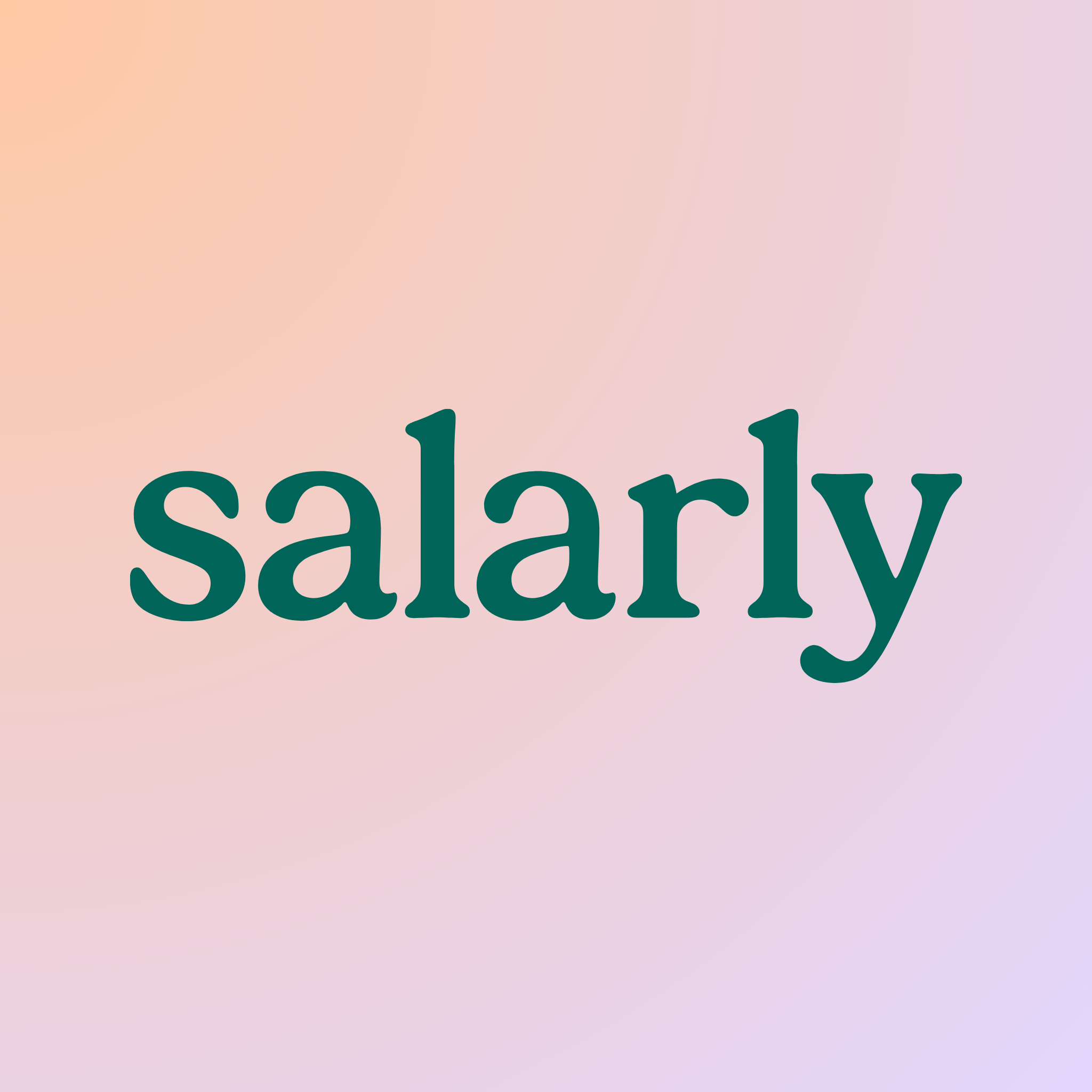Nursing certifications allow nurses to specialize in different areas of healthcare and go beyond the basic nursing education and licensure. Nurses can specialize in fields like critical care, emergency, oncology, pediatrics, and more! These certifications are more than just credentials, they’re career accelerators. They unlock promotions, increase earning potential, and give nurses the confidence to lead in their specialty. According to the American Nurses Credentialing Center (ANCC), certified nurses often report higher job satisfaction and greater confidence in their professional abilities.
But they also come with a price tag. Each certification has specific requirements, such as an active RN license, clinical experience, and passing an exam. If you’re considering pursuing one, this comprehensive guide explores the most sought-after nursing certifications in 2025, detailing each specialization, its benefits, multiple providers, popular events, and the realistic costs involved. We also address how nurses can practically afford these career-enhancing certifications by leveraging financial resources available to them.
Why Should You Consider It:
Before diving into specific certifications, it’s worth understanding why so many nurses are investing in these credentials today:
- Enhanced Patient Care: Certified nurses gain advanced clinical knowledge and skills that translate to safer, more effective care. This specialization means they’re better prepared for high-pressure scenarios and evolving healthcare demands.
- Career Advancement: Certifications often lead to better roles, whether it’s a promotion, a transition into leadership, or eligibility for higher-paying positions. They set you apart in a competitive job market and demonstrate you’re ready to take on more responsibility.
- Professional Credibility: A certification isn’t just a piece of paper. It shows dedication to your specialty and validates your commitment to quality care and continued professional development.
- Personal Fulfillment: Many nurses describe the experience of earning a certification as empowering. It builds confidence, brings a sense of achievement, and reignites passion for their work.
- Lifelong Learning: Healthcare never stands still. Certifications keep nurses current with the latest techniques, research, and technologies, fostering engagement and long-term career growth.
Hottest Nursing Certifications in 2025
1. Critical Care Registered Nurse (CCRN)
Critical care nursing is one of the fastest-growing specialties, with demand projected to rise by 14% by 2030 (Bureau of Labor Statistics, 2023). The CCRN certification demonstrates advanced knowledge in managing critical and acute conditions, significantly increasing career opportunities in intensive care units and emergency departments.
- Primary Provider: AACN Certification Corporation
- Cost: $360 (AACN members); $465 (non-members)
- Alternative Providers and Events: American Nurses Association (ANA) Continuing Education programs, AACN National Teaching Institute & Critical Care Exposition, Critical Care Nurses Conference
- CEU Requirement: 100 Continuing Education Recognition Points (CERPs) over a 3-year period, with a minimum of 60 CERPs in Category A (clinical judgment and inquiry), 10 in Category B (advocacy and collaboration), and 10 in Category C (leadership and ethics), plus 20 in any category of your choice.
2. Certified Pediatric Nurse (CPN)
Pediatric healthcare is rapidly expanding due to increasing pediatric patient volumes. Pediatric nurses with a CPN credential can command higher salaries and better positions. Over 30,000 nurses hold this prestigious certification, showcasing a strong market value.
- Primary Provider: Pediatric Nursing Certification Board
- Cost: $385
- Alternative Providers and Events: Society of Pediatric Nurses Annual Conference, National Association of Pediatric Nurse Practitioners Conference, Pediatric Nursing Excellence Conference, Children’s Hospital Association Annual Leadership Conference
- CEU Requirement: 15 contact hours annually, which can include continuing education, academic credit, or professional practice learning activities.
3. Oncology Certified Nurse (OCN)
As cancer treatments become more sophisticated, oncology nursing certification remains highly valued. Studies from the Oncology Nursing Society indicate that certified oncology nurses significantly contribute to improved patient care outcomes and earn approximately 10% more than non-certified peers.
- Primary Provider: Oncology Nursing Certification Corporation
- Cost: $420
- Alternative Providers/Events: Oncology Nursing Society Annual Congress, Advanced Oncology Nursing Certification Review Workshops
- CEU Requirement: At least 10 contact hours of oncology-specific continuing education within the 4-year certification period
4. Certified Emergency Nurse (CEN)
With over 40,000 certified emergency nurses nationwide, the CEN certification demonstrates the critical skills required to manage emergencies efficiently. Hospitals and urgent care centers prioritize hiring certified emergency nurses, acknowledging their expertise and ability to reduce patient mortality and improve response times.
- Primary Provider: Board of Certification for Emergency Nursing
- Cost: $370
- Alternative Providers/Events: Emergency Nurses Association Annual Conference (ENA)
- CEU Requirement: 100 contact hours of nursing continuing education within the 4-year certification period, with at least 75 hours in clinical emergency nursing content.
5. Family Nurse Practitioner (FNP)
Family Nurse Practitioners have significantly increased autonomy, allowing them to diagnose, treat, and manage patient care independently. According to NurseJournal.org, FNPs have an average salary increase of over 20% compared to registered nurses, making this certification highly lucrative.
- Primary Providers: American Nurses Credentialing Center (ANCC), American Academy of Nurse Practitioners Certification Board (AANPCB)
- Alternative Providers and Events: Fitzgerald Health Education Associates, Barkley & Associates Certification Review, American Association of Nurse Practitioners Annual Conference, Nurse Practitioner Symposium, Nurse Practitioner Associates for Continuing Education (NPACE) workshops
- Cost: Exam fee ~$395; advanced education typically ranges between $10,000-$30,000
- CEU Requirement: 100 contact hours of continuing education every 5 years, including a minimum of 25 hours in advanced pharmacology.
How to Afford Nursing Certifications
While certifications significantly enhance professional growth, the upfront costs can pose financial challenges, especially without employer reimbursement. Thankfully, there are practical solutions designed specifically to help nurses invest in their professional development. So, if you want to advance your career with a certification program but lack full employer reimbursement, Salarly loans can bridge the gap, providing the funds you need to invest in your skills and potentially increase your income.
Introducing Salarly: A Practical Funding Solution
Salarly provides a unique and fair payroll linked loan solution designed explicitly for busy professionals like nurses, offering a stress-free way to manage certification expenses without disrupting your budget.
- Payroll-Aligned Payments: Payments are automatically deducted from your paycheck, simplifying budgeting.
- No Penalty Early Payoff: Pay off your loan early with no penalties as your income increases.
- Fair, Flexible and Transparent: Interest rates range clearly from 22.99% to 29.99%, with transparent terms and no hidden fees.
Let’s face it, nursing certifications aren’t cheap. And while some employers offer reimbursement, many nurses still find themselves paying hundreds or even thousands out of pocket. It’s fair to ask: why take out a loan and pay interest on top of that?
Here’s why it might make sense:
- Return on Investment: Many certifications lead to salary increases of 10–20% or more. That means even with interest, the long-term financial return can significantly outweigh the short-term cost.
- Faster Career Growth: Instead of waiting months or years to save up, a loan gives you immediate access to career-boosting credentials.
- Avoid Credit Card Debt: Certification costs placed on a credit card with 25%+ APR and minimum payments can result in higher interest and longer repayment timelines.
Practical Example:
Let’s say your desired certification programs will cost you $5,000:
| Expense | Estimated Annual Cost (USD) |
| Certification Exam Fees | $300–$500 |
| Continuing Education Courses (multi-year CE) | $500–$1,200 |
| Study Materials & Books | $100–$300 |
| Travel (for conferences, tests, or workshops) | $800–$1,200 |
| Accommodation (if needed) | $300–$600 |
| License Renewal Fees | $100–$200 |
| Graduate-Level Coursework (e.g., FNP track) | $2,000–$3,000 |
| Total Estimated Annual Cost | $4,100–$7,000 |
Now, you choose Salarly to finance this at 24.99% APR over 2 years:
- Bi-weekly Payment: $122.63
- Total Interest (2 years): $1,377
- Early Payoff Benefit: Paying off the loan in one year reduces total interest to approximately $998, cutting your financial burden by 28%.
To break down how this calculation works clearly: when you borrow money (in this case, $5,000), the lender charges interest for the use of their funds. The interest is calculated as a percentage of the outstanding loan amount, known as the Annual Percentage Rate (APR). For this example, the APR is 24.99%.
Over two years, your payments of $122.63 every two weeks gradually pay back the initial $5,000 plus $1,377 in total interest. If you choose to repay the loan faster, say in one year due to higher income or employer reimbursements, your total interest would be significantly lower (around $998), saving you approximately 28% of the total interest costs. Salarly does not charge a prepayment fee, like most loan providers.
Using Salarly is ideal because it directly aligns your loan repayments with your paycheck schedule, eliminating the risk of missed payments and budgeting headaches. Unlike traditional credit cards or personal loans, Salarly offers transparent terms without hidden fees and the flexibility to repay early without penalties. Therefore, instead of paying everything up-front it is as though the price for certifications were spread out into small amounts, aligned with your paycheck, reducing the risk of high interest credit card debt. This unique combination provides financial predictability and control, enabling nurses to comfortably pursue career advancements without financial stress.
Invest in Your Future with Confidence
Specialized nursing certifications open doors to new career opportunities, better compensation, and professional satisfaction. With practical funding options like Salarly, nurses no longer need to postpone career-enhancing investments due to financial constraints.
Ready to take the next step in your nursing career in 2025? Explore certification options confidently, knowing that financial solutions like Salarly are here to support your journey.
FAQs: Top Nursing Certifications 2025
What are the top nursing certifications in 2025?
The top certifications for nurses in 2025 include CRNA, NP, CCRN, CEN, CPN, CMSRN, CNOR, OCN, RN-BC, and CNE. Nursing certifications enhance job opportunities and increase earning potential.
How much do nursing certifications typically cost?
Most nursing certifications costs range from $300 to $1,500, depending on the specialty and required preparation. In order to pay for nursing certifications, Salarly can help smooth out those costs into paycheck aligned repayments.
Are nursing certifications worth the investment?
Most nursing certifications are worth the financial investment. Further certifications for nurses often lead to promotions, higher salaries, and more specialized roles. Certifications for nurses are a strategic investment in your future as a nurse.
How can I pay for my nursing certification without financial stress?
To pay for a nursing certification without financial stress, check for employer-sponsored tuition reimbursement, apply for scholarships—and explore structured financial options like Salarly, which aligns loan payments with your paycheck.
Where can I get help with nurse certification expenses?
Financial help tailored specifically for nurses like Salarly supports healthcare professionals with a solution that provides up-front funds and payroll-aligned repayments—ideal for managing certification costs without unexpected fees.











